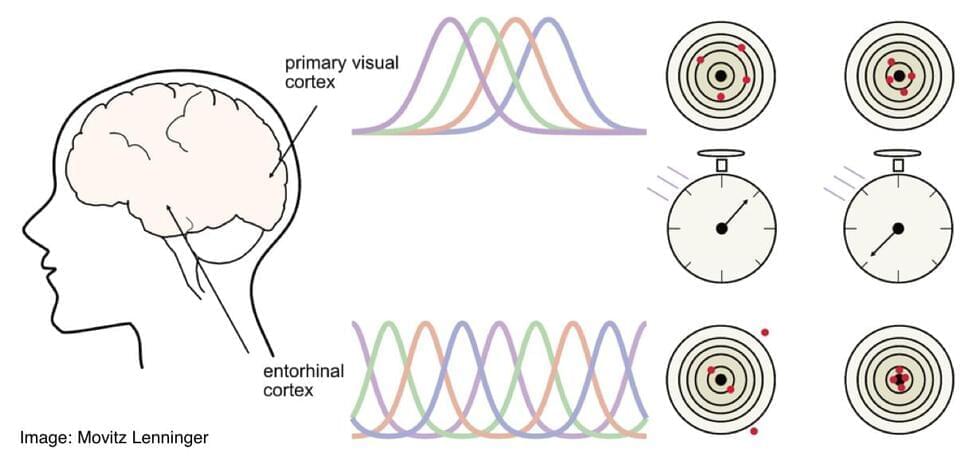When an animal takes notice of an approaching figure, it needs to determine what it is, and quickly. In nature, competition and survival dictate that it’s better to think fast—that is, for the brain to prioritize processing speed over accuracy. A new study shows that this survival principle may already be wired in the way the brain processes sensory information.
Kumar and fellow KTH neuroscientist Pawel Herman collaborated with KTH information theorists Movitz Lenninger and Mikael Skoglund to study input processing in the brain using information theory and computer models of the brain. Neuroscientist Arvind Kumar, an associate professor at KTH Royal Institute of Technology, says that the study offers a new view of neural coding of different types of inputs in the brain.
The new study surprisingly shows that initial visual processing is “quick but sloppy” in comparison to information processing in other parts of the brain’s vast neural network, where accuracy is prioritized over speed. The paper is published in the journal eLife.
